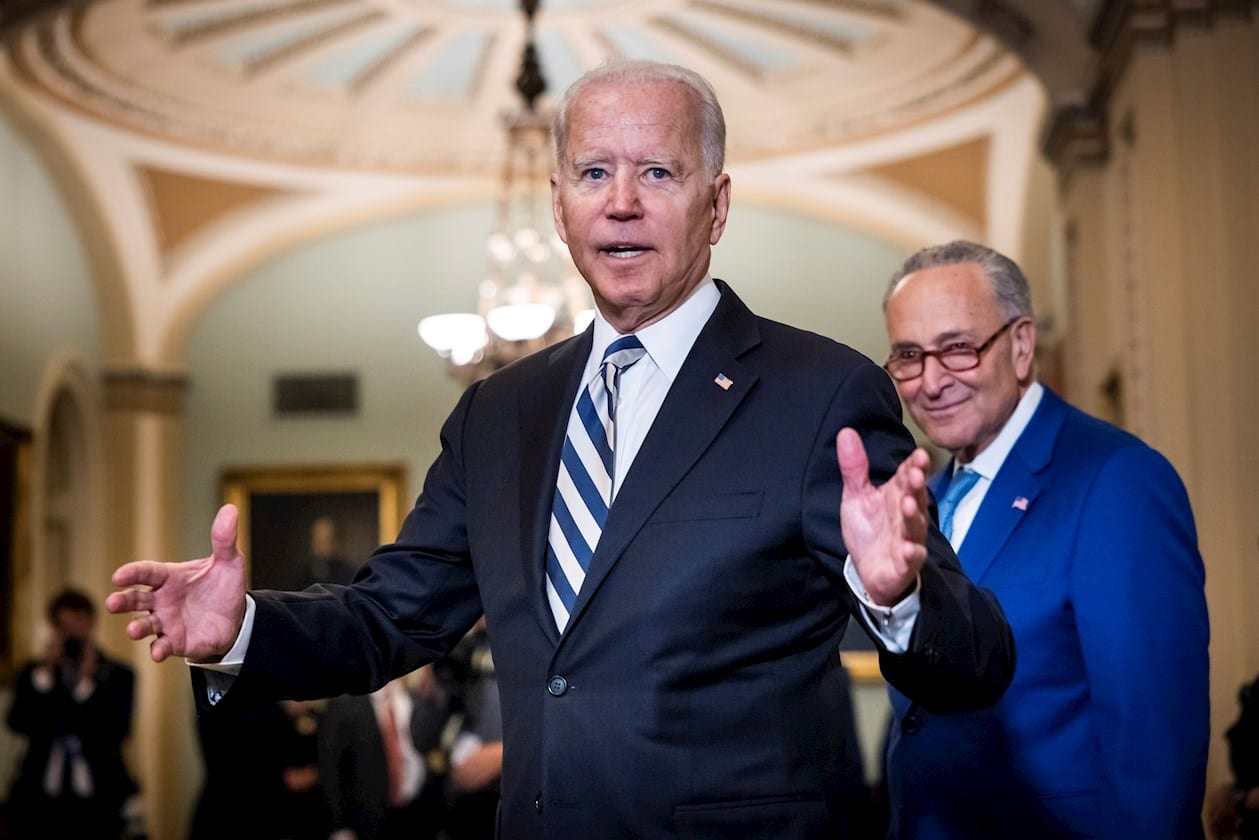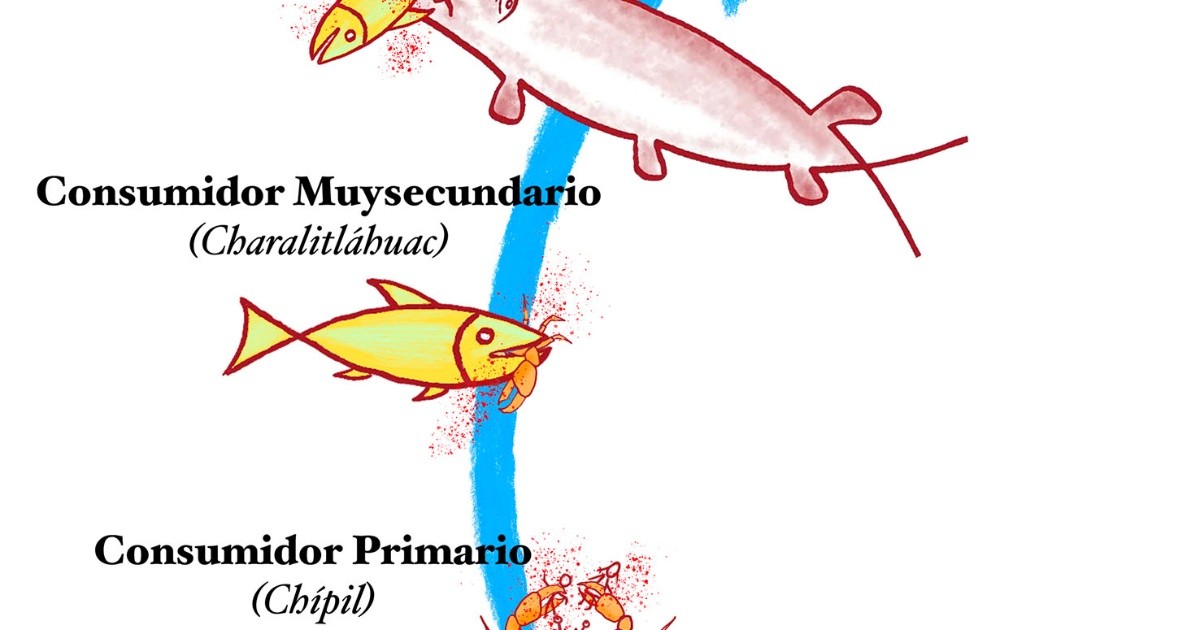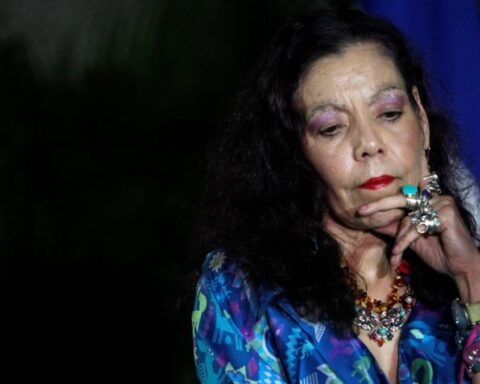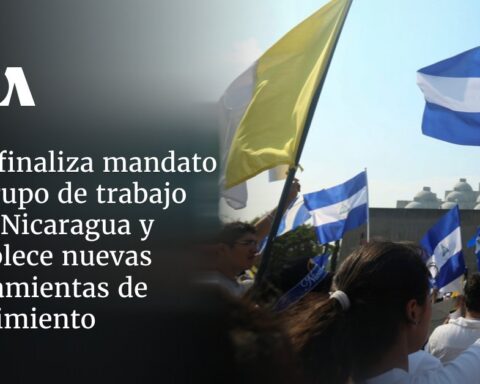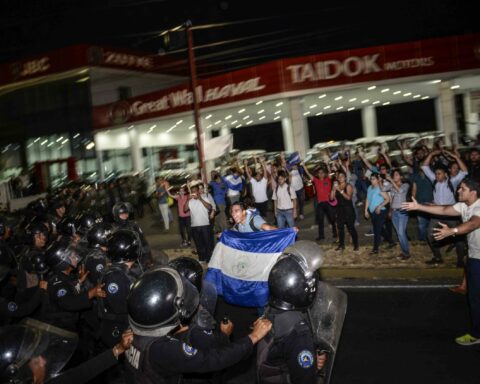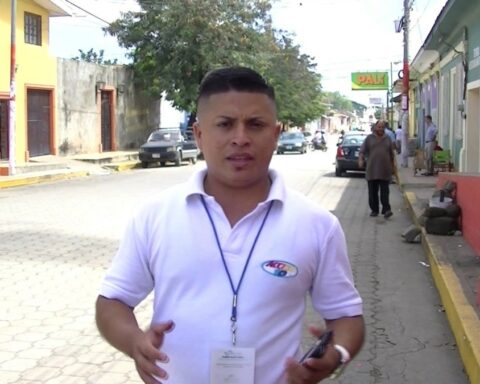Former congresswoman Debbie Mucarsel-Powell, special adviser for the next Summit of the Americas of the Government of the United States, affirmed in Miami (Florida) that countries that “do not want to commit to democracy and violate human rights” “probably” will not be guests.
Mucarsel-Powell, of Ecuadorian origin, confessed that they have received pressure to “make exceptions” with some countries that do not meet these conditions and stressed that, in any case, the decision corresponds to the Biden Government.
The former Democratic congresswoman spoke on Tuesday at the Annual Hemispheric Security Conference (HSC) organized by Florida International University. Part of her intervention was dedicated to warning about the authoritarian regimes in the region that “support the false narratives” of Russia in its invasion of Ukraine.
The hemisphere “suffers authoritarian regimes that violate human rights with dictatorial behavior as in Cuba, Venezuela and Nicaragua,” said Mucarsel-Powell, appointed last April by President Joe Biden as adviser for the Summit of the Americas, which will meet from 6 to June 10 to leaders of the region in Los Angeles (California).
Countries supporting Russian disinformation
Mucarsel-Powell, of Ecuadorian origin, harshly referred to how these “autocratic” and “repressive” countries, subjected to “disinformation and false news”, support the “false information spread by Russia” that the war with Ukraine is NATO’s fault.
“(Russia) wants to appear as the victim (…), but it is an unjustifiable war against Ukraine,” added Mucarsel-Powell, who was a congresswoman between 2019 and 2021, becoming the first Democratic and Latina woman to represent a Florida district.
For this reason, he called on the nations of the region to “unite to show that democracy can give the results we seek for our peoples and create a safe hemisphere”, given that, he affirmed, “no country is immune” to attacks to “democratic governance”, a “vital” factor for a peaceful future.”
“A critical moment” in the defense of democracy
He pointed out that we are living “a critical moment” of commitment to a world order based on “the rule of law and respect for human rights”, that combats “corruption, money laundering, disinformation” and defends a “newspaper free and independent.
In this context, the former congresswoman condemned the “increase in attacks and murders of journalists in Nicaragua” and the “regression in some democratic institutions” due to the lack of a press that reports truthfully.
He outlined what will be the core issues of the next Summit of the Americas based on the strengthening of democracy, including the fight against corruption, the climate and food crisis, insecurity in the hemisphere, digitization, immigration, the pandemic or the transition towards the use of green energy.
To a question about the announced relief of some of the measures against Cuba by the US Government, Mucarsel-Powell defended the resumption of the family reunification program, which, he said, represents “an opportunity” and was, he explained, “a request from Cuban families for a long time.”
He specified that these provisions “do not eliminate the sanctions against Cuba” for “violations of human rights and political prisoners”, as with the “narco-regime” of Venezuela, and recalled that the US continues to consider Juan Guaidó interim president of the country.
Previously, when addressing an issue as sensitive as that of emigration in the hemisphere, he said that it has become a “political issue and should be humanitarian,” since we are talking about “people who risk their lives” for their children fleeing from “poverty, food insecurity, corruption and lack of democratic security”.
Mucarsel-Powell, born in Ecuador in 1971 and the first non-Cuban Hispanic legislator from Florida in the US Congress, was one of the speakers at the first day of the HSC, organized by two academic institutions affiliated with (FIU): the Jack D. Gordon Institute for Public Policy and the Kimberly Green Center for Latin America and the Caribbean (LACC).

